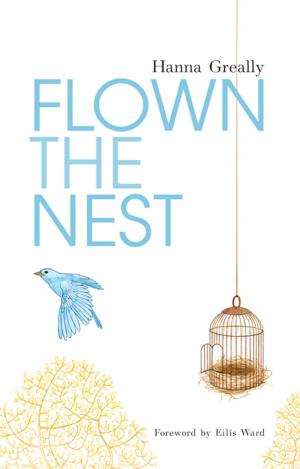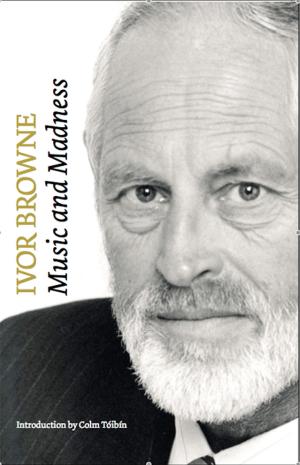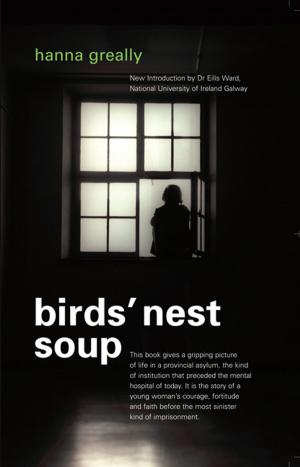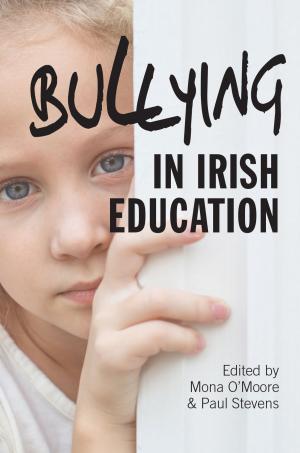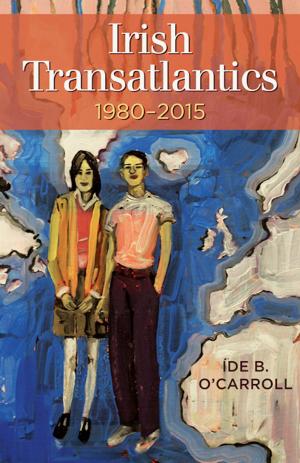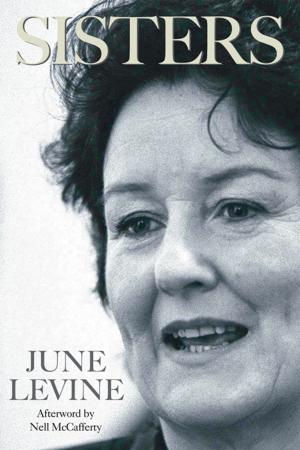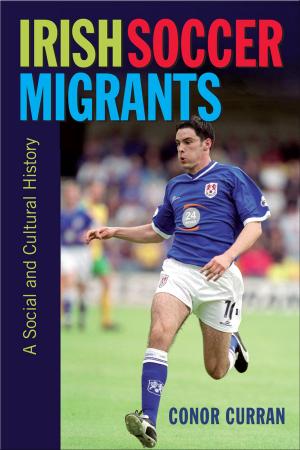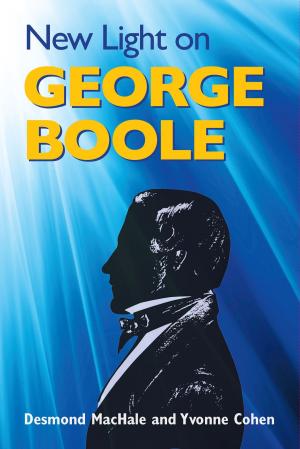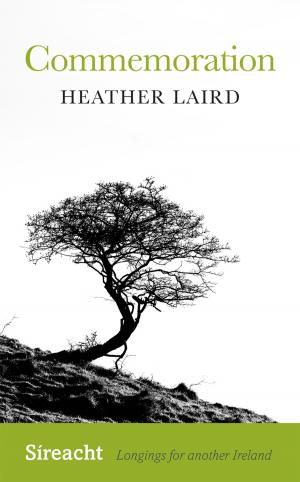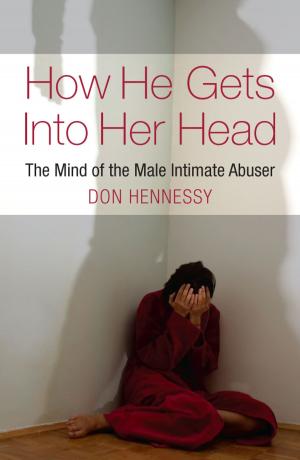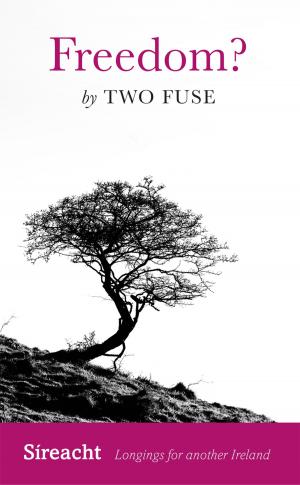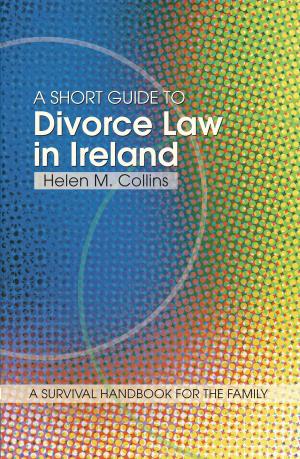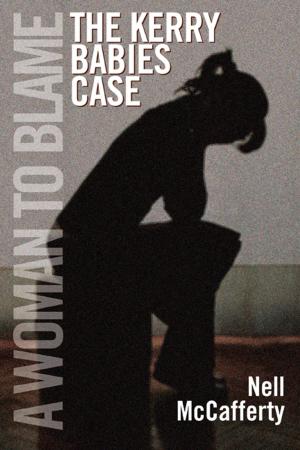| Author: | Cormac Moore | ISBN: | 9781782051541 |
| Publisher: | Cork University Press | Publication: | September 16, 2015 |
| Imprint: | Atrium | Language: | English |
| Author: | Cormac Moore |
| ISBN: | 9781782051541 |
| Publisher: | Cork University Press |
| Publication: | September 16, 2015 |
| Imprint: | Atrium |
| Language: | English |
In a new book entitled The Irish Soccer Split, Cormac Moore provides the most comprehensives analysis on the reasons why we have division in soccer in Ireland today unlike in sports such as rugby and cricket. Soccer in Ireland was governed for the whole island from 1880 until 1921 under the auspices of the Irish Football Association (IFA). The Leinster Football Association seceded from the parent body in 1921 and formed the Football Association of Ireland (FAI). Although politics played its part in fomenting the rupture, a power struggle was at the heart of the split in Irish soccer. Utilising an extensive array of primary sources and contemporary newspaper reports, Moore shows that the main reason why soccer became and remained divided in Ireland was due to Leinster’s refusal to being governed from Belfast. It was felt the IFA was biased towards teams from Belfast, it rarely chose Dublin over Belfast as a venue for internationals and the IFA council and its sub-committees were dominated by representatives from the North-East. Once soccer was divided, genuine attempts were made in the 1920s and early 1930s to bring about a fair settlement. They all broke down as the IFA was unwilling to concede too much control to the nascent body and the FAI was opposed to accept anything other than total quality on everything to do with soccer on the island.
The book recounts the FAI’s attempts to gain international recognition from the British associations and FIFA in the early 1920s, attempts that were far more fruitful with the latter body than the former bodies who stood steadfastly by the IFA. The FAI was unable to secure any international fixture against England, Scotland or Wales until 1946, when an FAI-selected international team played England for the first time. The book also compares soccer to most of the other major sports who remained or became united after partition and analyses why soccer took such a different course.
No serious attempts were made from 1932 to the 1970s to bring about a settlement between the IFA and FAI. As Northern Ireland was engulfed in the Troubles, a series of conferences were held to heal the division between the two bodies, prompted by international stars such as George Best who wanted one international team for Ireland at the very least. For the first time, the story of these efforts, carried out against the backdrop of violence in Northern Ireland, is revealed.
In a new book entitled The Irish Soccer Split, Cormac Moore provides the most comprehensives analysis on the reasons why we have division in soccer in Ireland today unlike in sports such as rugby and cricket. Soccer in Ireland was governed for the whole island from 1880 until 1921 under the auspices of the Irish Football Association (IFA). The Leinster Football Association seceded from the parent body in 1921 and formed the Football Association of Ireland (FAI). Although politics played its part in fomenting the rupture, a power struggle was at the heart of the split in Irish soccer. Utilising an extensive array of primary sources and contemporary newspaper reports, Moore shows that the main reason why soccer became and remained divided in Ireland was due to Leinster’s refusal to being governed from Belfast. It was felt the IFA was biased towards teams from Belfast, it rarely chose Dublin over Belfast as a venue for internationals and the IFA council and its sub-committees were dominated by representatives from the North-East. Once soccer was divided, genuine attempts were made in the 1920s and early 1930s to bring about a fair settlement. They all broke down as the IFA was unwilling to concede too much control to the nascent body and the FAI was opposed to accept anything other than total quality on everything to do with soccer on the island.
The book recounts the FAI’s attempts to gain international recognition from the British associations and FIFA in the early 1920s, attempts that were far more fruitful with the latter body than the former bodies who stood steadfastly by the IFA. The FAI was unable to secure any international fixture against England, Scotland or Wales until 1946, when an FAI-selected international team played England for the first time. The book also compares soccer to most of the other major sports who remained or became united after partition and analyses why soccer took such a different course.
No serious attempts were made from 1932 to the 1970s to bring about a settlement between the IFA and FAI. As Northern Ireland was engulfed in the Troubles, a series of conferences were held to heal the division between the two bodies, prompted by international stars such as George Best who wanted one international team for Ireland at the very least. For the first time, the story of these efforts, carried out against the backdrop of violence in Northern Ireland, is revealed.

